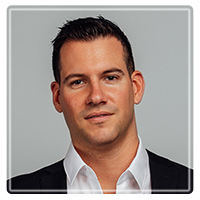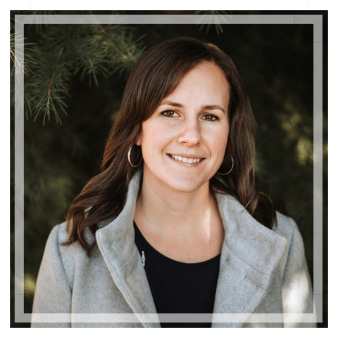
Eating Disorder Counsellor
Ben Bjorgaard, PhDc, MA, RCC, CCC
Registered Clinical Counsellor, Canadian Certified Counsellor
Victoria, British Columbia V8R 4P8 | 833 338 0038
Issues related to food and body-image, eating or not eating, perfectionism, or overall fixation on appearance can flood your reality to the point where they consume you. These kinds of issues often arise to serve a function, or fulfill a purpose, in your inner, psychological world. They can be a way to cope, to try to heal hurt parts of yourself, to maintain control in uncontrollable situations. Sometimes, they can be related to adverse childhood experiences and developmental trauma—though all the jargon may not apply or do justice to your individual context. Together, we can find a way to manage your thoughts and behaviors and take steps to address anything that may be underlying them.

Eating Disorder Counselor
Philip Starkman, MSW, RSW
Registered Psychotherapist
Available for Online Therapy
Eating disorders benefit from the same or similar approach used for all addictive behaviours. One of the main therapeutic approaches I use is Mindfulness Based Cognitive Therapy. The relationship to food can be quite complex involving societal or cultural pressures, self-image, past traumas, addictive non-nutritious junk food, media images, social media pressures, bullying. Shame and guilt need to be addressed along with peer pressures. The most common eating disorders are: Anorexia, Bulimia, Binge Eating, Pica, Rumination Disorder, Avoidance/Restrictive Food Intake Disorder (ARFID), Orthorexia, Purging Disorder etc. The benefits of therapy are enhanced self-image, health and well-being.

Eating Disorder Counselor
Molly McBride, MSc, RCC, RTC
Registered Clinical Counsellor, Registered Therapeutic Counsellor
Available for Online Therapy
In counselling, we will explore together the factors that drive your perceptions and behavior around food. Molly's goal is to help you develop a healthy sense of freedom in your relationship with food, rather than feeling controlled and distrustful within that dynamic. Molly might use CBT, EMDR, and Enneagram theory to help you as you recover and grow in self-acceptance.

Eating Disorder Counsellor
Jacqueline Nadworny, M.A. (Couns), B.A. (Psyc)
Registered Professional Counsellor and Supervisor
354 - 9 Street East, North Vancouver, British Columbia V7L 2B2 |
Eating disorders include anorexia, bulimia and even over-eating. Discovering the underlying emotions and beliefs is a key part of this therapy. Issues of control, self-esteem, self image and aloneness are often a part of what is behind this disorder. My goal is to help you uncover these, and then help you accurately define who you are, find new and healthy ways of coping and interacting in your world.

Eating Disorder Counselor
Steve Rose, PhD
Addiction Counsellor
Available for Online Therapy
I help clients overcome addictive relationships with food. Like all addictions, the behavior is the tip of the iceberg, used to cope with underlying thoughts and emotions. Through collaborative conversations, clients gain insight into underlying concerns, gaining coping skills to more effectively navigate these issues. I draw on Acceptance and Commitment Therapy (ACT) and Motivational Interviewing (MI), helping clients achieve a sense of freedom and control over their lives, leading to long-term change.

Eating Disorder Counselor
Kevin Fleming, Ph.D.
Coach/Change Agent/Consultant
At Home or Private Discreet Intensives
While most eating disorder issues are treated by cognitive behavioral methodologies or specialized outpatient/inpatient programs, Grey Matters International and the work of Kevin J. Fleming, PhD provide relief first and foremost for the brain of one suffering from an eating disorder----without giving them medication. We believe that the neural circuitries responsible for the compulsive behaviors with eating are not necessarily only a neurotransmitter issue but of overused neural networks that affect the harmonization, balance, and decisions of the whole brain. Contact kevin@kevinfleminphd.com or 877-606-6161 to learn more about this safe and effective alternative.

Eating Disorder Counselor
Olivia Mayer, MA, RCC
Registered Clinical Counsellor
Available for Online Therapy
Olivia has a passion for helping individuals struggling with eating disorders, providing support through a behavioral and trauma-informed approach. She helps clients uncover and address the underlying emotional and psychological factors contributing to their disorder while equipping them with practical strategies for recovery. Olivia’s compassionate and holistic approach focuses on creating a safe space for clients to explore their relationship with food and their bodies, empowering them to build healthier habits and a positive self-image. By integrating trauma-informed care with actionable tools, Olivia walks alongside her clients as they work toward healing, resilience, and lasting change.
